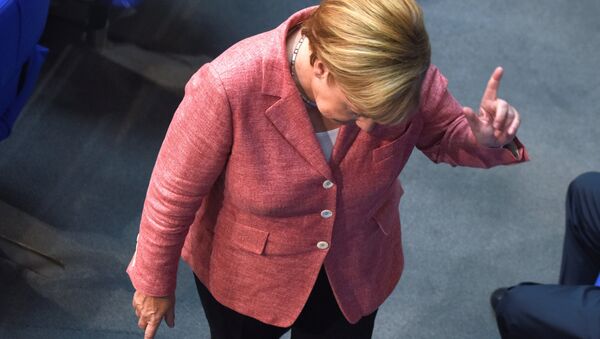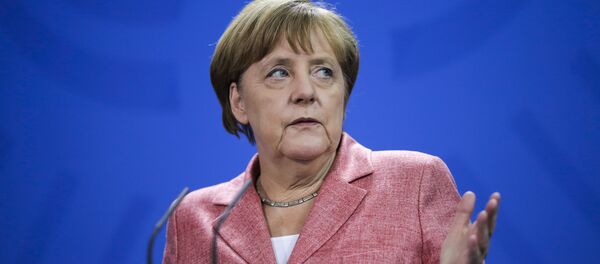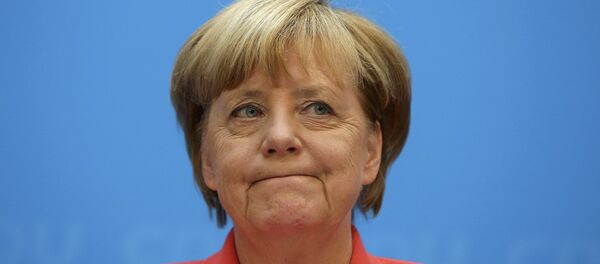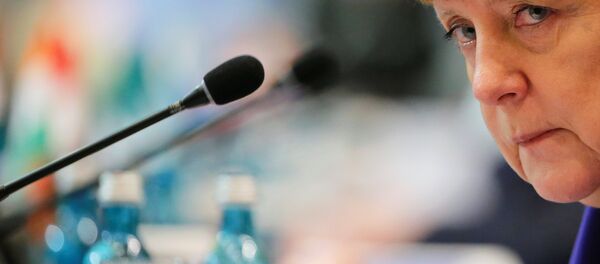The interview came as Merkel's CDU party reached a new record in terms of its decreasing popularity, according to the German newspaper Bild, which referred to the results of a survey conducted by the Research Institute INSA.
According to the poll, which was based on interviews with 2,085 respondents, only 29.5 percent of Germans support the party, its worst results in history.
Speaking to Sputnik, Patzelt said that the low ratings are not only related to Merkel's migration policy, especially given that she has already managed to make "very serious corrections" to this policy.
"Rather, it indicates a lack of confidence in the Federal Chancellor. Yes, she has changed her policy, but she has never spoken about it," he said.
"As a result, Merkel personifies things opposed by a minority of the population when it comes to politicians, namely, the stubborn adherence to a certain course and the absence of direct and honest communication with the population," he said.
Asked about whether the results of the latest opinion poll mean that the time has come to search for Merkel's successor, Patzelt said that right now, "there is no relevant candidate on the horizon who could be on par with Merkel."
"Only when several surveys conducted by different pollsters show the CDU/SCU's approval rating plunging below 30 percent will the discussion about Merkel's successor begin," he said.
He added that speaking of the matter is now irrelevant because Merkel is yet to announce whether she wants to run for the Chancellor post again.
"With no suitable candidate on the horizon, Merkel would feel compelled to run for Chancellor and this is something that she will most likely do no matter how low the CDU/CSU ratings are. In addition politically, she has eliminated all possible competitors," Patzelt said.
The popularity of German Chancellor Angela Merkel saw a sharp decline in the previous year following the introduction of her open-door policy toward migrants. Her strategy has contributed to the arrival of over one million refugees in Germany alone, raising concerns among the local population.
Data obtained by the survey with regard to other parties showed that the popularity of the Social Democratic Party (SPD) and the Left party rose by 1% (up to 22%) and by 0.5% (up to 12%), respectively. The Green Party and the Free Democratic Party (FDP), by contrast, have become less popular among German voters, while "Alternative for Germany" (AfD) has maintained its position (15%).





